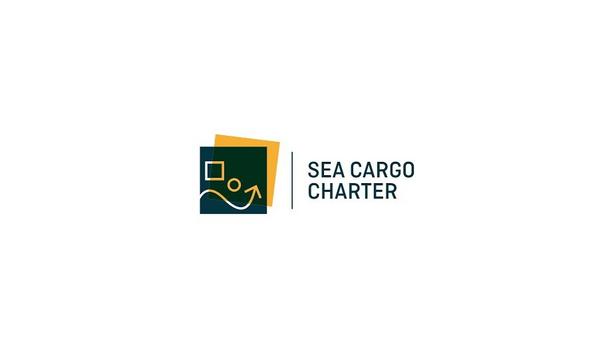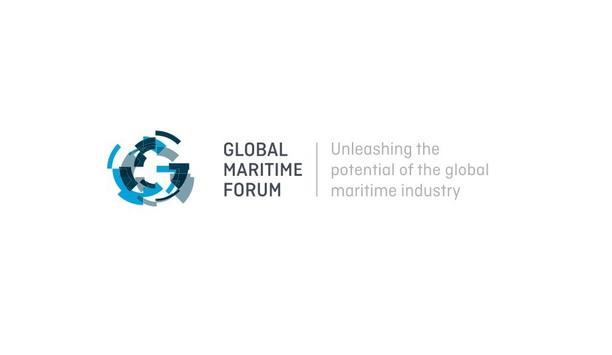Sea Cargo Charter News
DNV’s independent cloud platform, Veracity announces the launch of its new Solution Partner programme, where maritime solution providers integrate their applications and services with the platform. Shipowners and managers can easily connect their verified emissions data from the platform with partnering software applications and services, such as EUA settlement and trading solutions. Solution Partner programme The Solution Partner programme is an expansion of the Veracity Integrated Par...
The 33 Signatories, which disclose the climate alignment of their chartering activity for 2022, account for more than 17% of total bulk cargo transported by sea over the year. Their average reporting rate has increased since last year to 90%. It is important to highlight, that it is not possible to compare the scores of individual Signatories to one another for several reasons: Signatories have different portfolios, different ship types and different numbers of voyages. Furthermore, the Signato...
At the 2023 Annual Meeting of the Sea Cargo Charter Association in Copenhagen, the 36 Signatories elected new Steering Committee members and discussed past and future activities. In total, 12 member companies were elected to the Steering Committee to coordinate the Association on behalf of its members. The Sea Cargo Charter is a framework for assessing and disclosing the climate alignment of chartering activities. Charterers and cargo owners play an important role in the industry’s path t...
While the EEXI is a one-off design-focused protocol granting a ticket to trade for existing ships, the CII as a measure of operational energy efficiency is the primary mechanism to reduce emissions going forward. Based on Annual Efficiency Ratio (AER) results, vessels will be awarded CII ratings ranging from A to E. The calculation essentially divides annual Fuel Oil Consumption (FOC) by distance travelled, taking into account the CO2 factor of the fuel used (100% in the case of fossil fuel oil...
Ship charterers and operators representing over 15% of total bulk cargo transported by sea in 2021 deliver on their commitment to the Sea Cargo Charter, a global framework for aligning ship chartering activities with society’s goals. Signatories to the Sea Cargo Charter commit to measuring and publicly disclosing the alignment of their chartering activities with the ambition to reduce total GHG emissions from international shipping by at least 50% by 2050, as set out by the International...
Participants from across the maritime value chain participated in the DNV Conference – The Fuel of the Future. Aimed at advancing the idea that collaboration is the key to success in decarbonising the maritime world, the event attracted more than 6500 registrants and brought together a comprehensive line-up of shipowners, energy majors, financers, and regulators who offered their unique insights on how shipping can be chart the optimal route ahead. Decarbonisation Decarbonisation is t...
Browse maritime news
- By event
- Seatrade Maritime Logistics Middle East 2025
- 2nd International Port & Marine Development Conference
- Offshore Support Vessel Conference 2025
- Nor-Shipping 2025
- Gastech 2025
- DIMDEX 2026
- Seawork 2025
- London International Shipping Week 2025
- TMS Transportation and Climate Change Conference (TACCC) 2025




